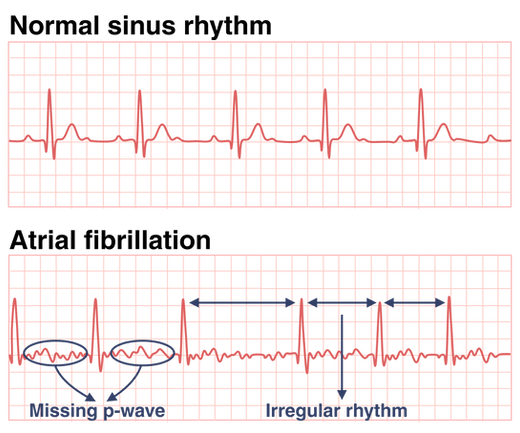LevAI
LevAI for electrophysiological signal analysis using artificial intelligence
LevAI is a software developed by the AIMLab. for the computerized analysis of ECG using deep learning (DL). DL has become a powerful tool for uncovering complex patterns in ECG data, and surpasses the limitations of traditional engineered features which are constrained by human assumptions. The usage of DL in ECG analysis has the potential to enhance diagnoses, prognosis and treatment.

Release date: 01-01-2025
01
Module for Holter ECG Analysis
Deep learning for atrial fibrillation events detection in long-term ECG
ArNet2 was developed for identifying atrial fibrillation (AF) events in single lead long term ECG. ArNet2 was developed and validated on an overall of 4,298 recordings totaling over 99,705 hours of continuous ECG data. In particular, the model’s generalization was evaluated on manually annotated test sets from four centers from the USA, Israel, Japan and China. ArNet2 reliability was demonstrated across age, sex and geographic groups. The module provides an estimate of the AF burden, i.e., the percentage of time spent in AF.
Module features:
-
Identification of atrial fibrillation (AF) events.
-
AF burden estimation.
-
Number of AF events, longest and shortest AF event.
Release date: 01-01-2025
02
Module for 12-lead ECG analyses
Deep learning for the detection of arrythmias and the estimation of age and sex from 12-lead ECG
A total of eight 12-lead ECG datasets totaling over 2,000,000 ECG recordings were used for developing this model. The models were trained using a multi-source training approach in order to improve out-of-distribution performance on target domains (i.e., external datasets). The model enables to identify atrial fibrillation (AF), estimate age and identify the sex of the individual.
Module features:
-
Age estimation.
-
Sex identification.
-
Atrial fibrillation (AF) identification.
Associated Publications
-
Chocron, Armand, Julien Oster, Shany Biton, Franck Mandel, Meyer Elbaz, Yehoshua Y. Zeevi, and Joachim A. Behar. "Remote atrial fibrillation burden estimation using deep recurrent neural network." IEEE Transactions on Biomedical Engineering 68, no. 8 (2021): 2447-2455. [DOI] [Link to publication in Scopus]
-
Biton, Shany, Mohsin Aldhafeeri, Erez Marcusohn, Kenta Tsutsui, Tom Szwagier, Adi Elias, Julien Oster, Jean Marc Sellal, Mahmoud Suleiman, and Joachim A. Behar. "Generalizable and robust deep learning algorithm for atrial fibrillation diagnosis across geography, ages and sexes." NPJ Digital Medicine 6, no. 1 (2023): 44. [DOI] [Link to publication in Scopus]
-
Zvuloni, Eran, Jesse Read, Antônio H. Ribeiro, Antonio Luiz P. Ribeiro, and Joachim A. Behar. "On merging feature engineering and deep learning for diagnosis, risk prediction and age estimation based on the 12-lead ECG." IEEE Transactions on Biomedical Engineering 70, no. 7 (2023): 2227-2236. [DOI] [Link to publication in Scopus]
-
Zvuloni, Eran et al. Diversity is stronger: a multi-source domain training framework for deep generalization performance in physiological time series analysis. In preparation.



